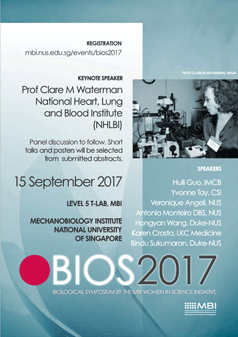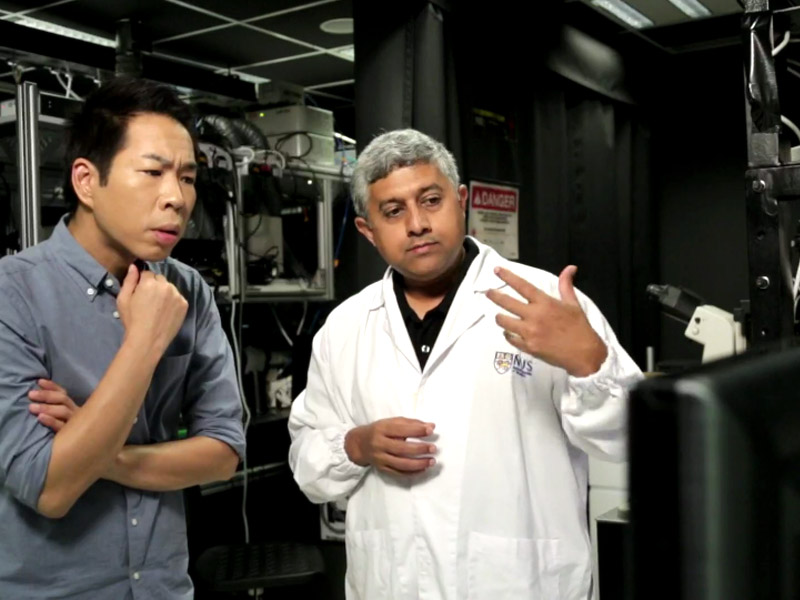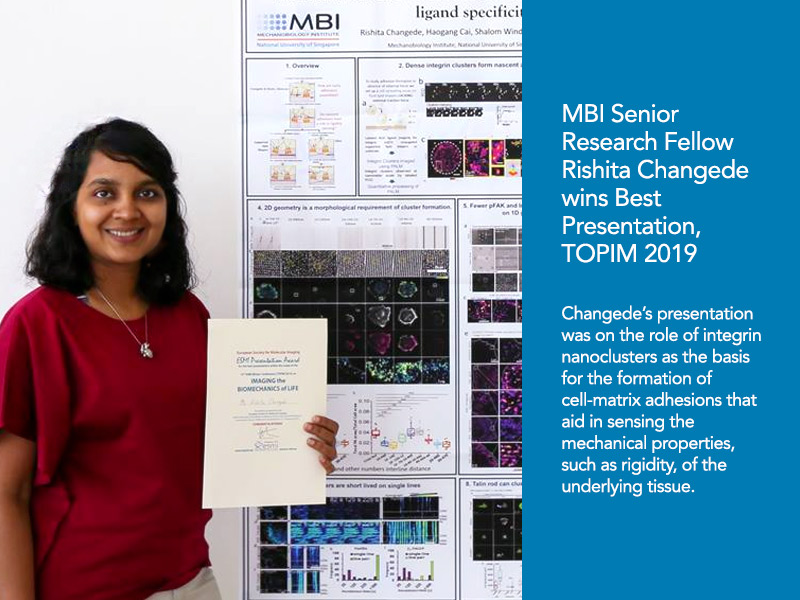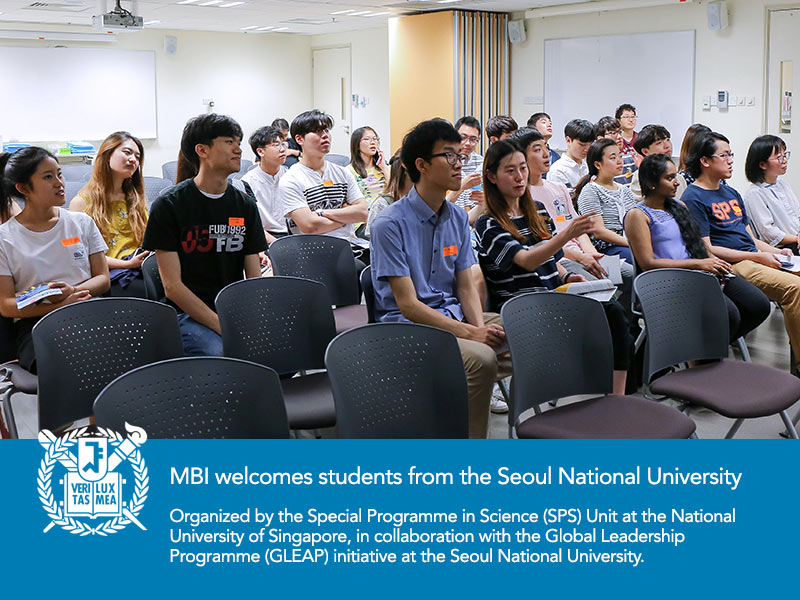Gender Gaps in Science: BIOS2017 Panel Discussion
Lakshmi Ramachandran & Sruthi Jagannathan | October 2017
The Mechanobiology Institute (MBI), National University of Singapore (NUS), hosted BIOS2017 on Friday, the 15th of September. BIOS, an MBI Women in Science initiative, is a unique national-level free biology symposium that aims to bring together women researchers in Singapore from diverse realms of life sciences research. The goal of BIOS is to promote both science and women in science. BIOS2017 brought together nearly 100 researchers, mostly women, who discussed their research, aspirations, achievements and challenges.
The scientific talks were followed by an hour-long panel discussion that was aimed at bringing out the various contributing factors towards gender gaps at work place. Right from the start, the panelists and the audience got into a highly engaging and stimulating discussion on various aspects covering the topic, including but not limited to, the unconscious bias against women, underrepresentation of women at leadership roles in science, and the not-so-addressed underrepresentation of women at international scientific conferences.
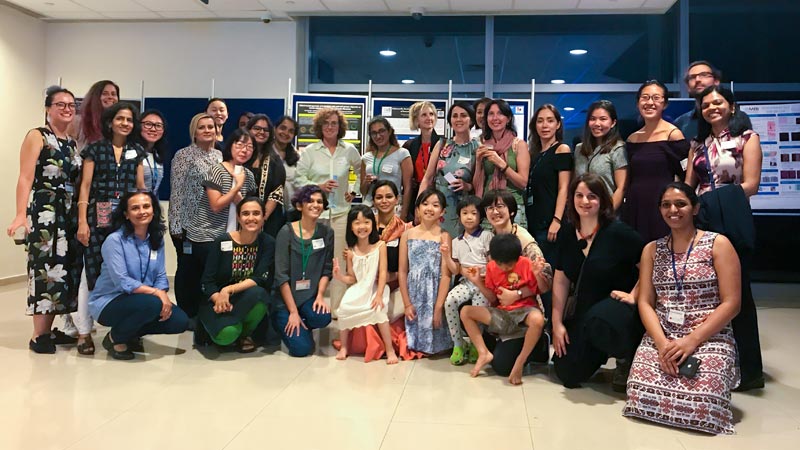
MBI’s Women in Science
A recent analysis carried out by the MBI Women in Science on the number of male and female scientists accepting speaker invitations for an international symposium organized by the MBI revealed a stark difference in the statistics, with the female scientists clearly showing a higher tendency to decline invitations. This put a significant challenge on increasing the number of women speakers for this conference despite making conscious efforts to send equal or more number of invitations to women speakers. Based on opinions and personal experiences shared by different panelists, inadequate child care options stood out as the major reason for less female participation in such conferences. Arrangement of childcare facilities by conference organizers, or making alternate child care arrangements at home with their spouse or close family members were suggested as possible solutions to this problem.
BIOS2017 panelists concurred that gender gaps in the work place is a multifactorial issue requiring solutions at multiple levels from families to larger societies, institutions, and even nations.
Another major issue touched upon by the panelists was the underrepresentation of women in investigator/leadership roles. One panelist noted that amongst the 70 applicants for a principal Investigator position at the institute where she works, only 3 were women. Although this implied that the women were hired at the rate that they applied, the primary reason behind the fewer women applicants, in the panelists’ opinions, was a lack of confidence in taking on higher responsibilities in a new territory or due to their assumed incompatibility of research with child care. A solution to this issue would be exposure from a very young age to female role models who have taken the leap and have made it to leadership positions in their careers. Another practical solution that was offered by one of the panelists involved using international conferences for advertising open research positions.
The panelists also provided valuable insights on how to handle frequent rejections and failures and how to overcome the urge to quit when things do not quite seem to go one’s way. According to them, the key was to be thick-skinned, remain confident and take responsibility of one’s work, and stay positive when faced with rejections or discouragement from others. Overall, the panelists concurred that gender gap at work place is a multifactorial issue, solutions for which has to arise and be implemented at multiple levels starting at families to within larger societies, institutions, and even nations.
Moderator: Dr. Lakshmi Ramachandran
Panelists: Dr. Bindu Sukumaran, Dr. Yvonne Tay, Dr.Antonia Monteiro, Dr.Huili Guo, Sarah Huggett Prof. Claire Waterman, Prof. Linda Kenney and Dr. Vandana Ramachandran


